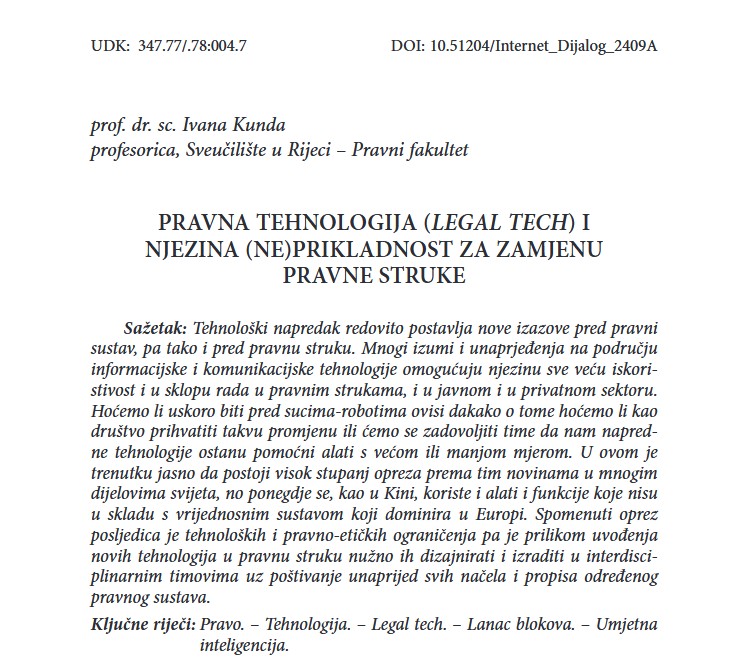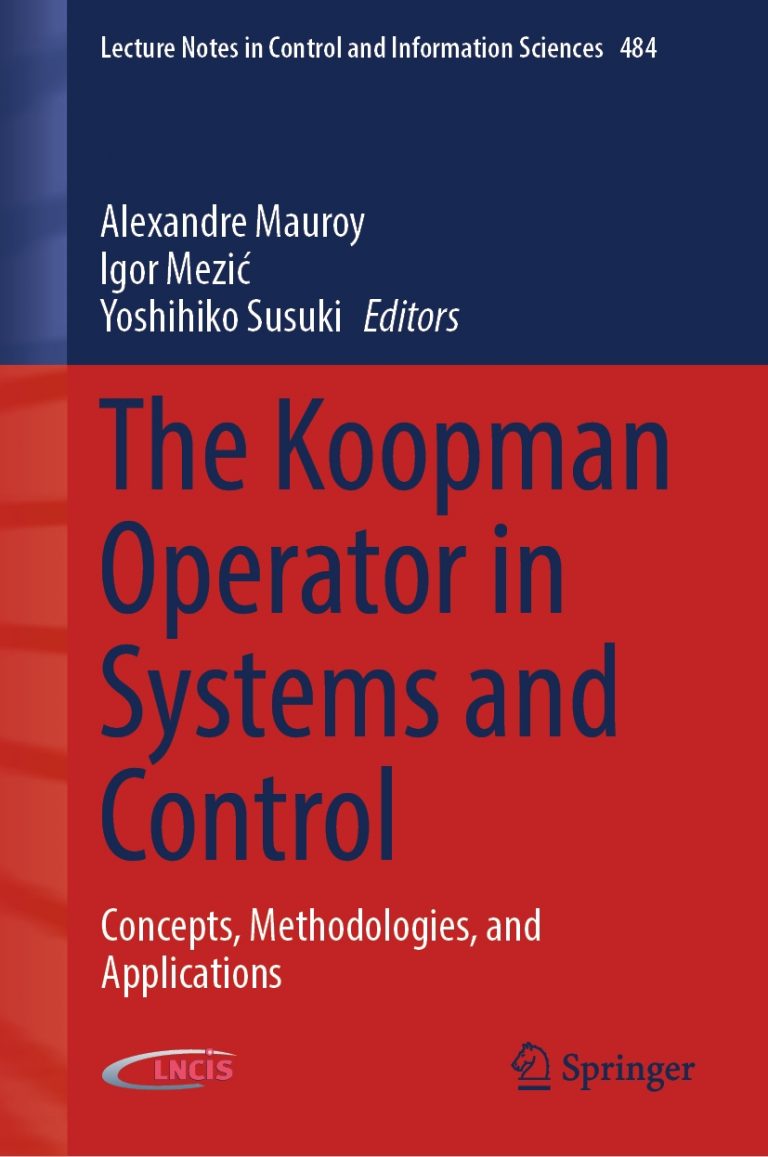
Book Chapter
Aiming at Well-Being with Brain Implants: Any Risk of Implanting Unprecedented Vulnerabilities?
Many experimental brain-computer interfaces (BCIs) are currently being medically tested in paralyzed patients. While the new generations of implantable BCIs move rapidly ahead at trying to increase the patients’ well-being, ethical concerns about their potential effects on patients’ psychological dimensions (e.g. sense of agency and control) are growing. An important ethical concern to explore is […]
Is enhancement with brain–computer interfaces ethical? Evidence in favor of symbiotic augmentation
This book chapter clarifies the unique status of BCI enhancement as symbiotic augmentation based on three distinct characteristics, which we derive from evidence pertaining to empirical cases of implanted patients…This chapter clarifies the concept of symbiotic augmentation and shows how the symbiotic ethical framework aids the users to coherently integrate the changes to personal self-understanding, […]
Towards A Regulatory Framework for Artificial Intelligence – An EU Approach
The digital revolution facilitates innovation models that generate new markets and business models. Together with Internet, it has opened up a vast array of new possibilities. Latest reappearance of the artificial intelligence has created further potentials and types of market participation. Artificial intelligence is understood as a cutting-edge technology and a key-driver of transition of […]
Application of Koopman-Based Control in Ultrahigh-Precision Positioning
Ultra-high precision positioning devices are of outmost importance in microsystems’ technologies and precision engineering. The frictional disturbances of mechanical elements in relative motion often limit their positioning performances. If nanometric positioning precision and accuracy are aimed for, frictional disturbances have thus to be identified, modeled and compensated for via appropriate control algorithms. Suitable experimental set-ups […]



